German startup We Do Solar is gearing up to deliver its first balcony solar modules to customers in the next three weeks. pv magazine caught up with one of the founders at Intersolar Europe 2022 to learn more about the kit, which features a 1.6 kg flexible solar module people can install themselves, and three innovative business models.
May 17, 2022Becky Beetz
We Do Solar is the brainchild of Karolina Attspodina and Qian Qin. pv magazine had the pleasure of catching up with Qin at this year’s Intersolar Europe to hear about the innovations behind the Berlin startup, which is set to deliver its first balcony solar modules to customers in the next three weeks.
Weighing in at a remarkable 1.6 kg, the product is a sleek, black solar module that can be clipped onto balcony railings, or anywhere there is sun and a power socket. Taking the idea of plug and play a step further, the kit is designed for anyone to install it themselves, without the need for an electrician or engineer.
Overall, it comprises eight 90 cm x 54 cm x 2 mm 640 Wp solar panels, manufactured in China. Each feature 99 monocrystalline shingled solar cells with an efficiency of 21.33%, and ETFE (ethylene tetrafluoroethylene) backsheets. A 600 W MPPT PV inverter is also included. The kits have been certified and include 25-year performance guarantees.
According to the company, people can cut their annual electricity bills by up to 25%, in addition to reducing their carbon footprint. There is also has an app that allows you to track live data and check how much green electricity you have generated and how much CO₂ you have saved.
Innovative models
Currently, there are three business models on offer:
You can buy the kit outright for €1,299If you are an EV owner in Germany, you can exchange your CO2 certificates for a free kitEmployers may take advantage of the Employee Benefit Program
Given the recent shift to home office for many of the world’s workforce, rising energy prices, and the topic of corporate sustainability climbing up the agenda, the third model is particularly attractive.
Essentially creating a virtual power plant with its employees, employers can rent the kits on monthly basis and distribute them to employees with balconies. While the company receives CO2 certificates for generating clean electricity, the employees save on their electricity bills.
Karolina Attspodina and Qian Qin met in the German capital at 1.5 Degrees Ventures, a company builder pushing startups that are looking to quickly reduce carbon via their products and/or services. As Qin told pv magazine, the idea was to improve upon an existing product on the market – developing a completely new product would take too long – for a fast and wide uptake.
The balcony solar modules presented the perfect opportunity, said Qin, because they can enable many people to generate their own clean electricity. Moreover, because they are easily installed and deinstalled, people can take them along when they move.
The improvements on existing balcony modules included reducing their weight; allowing people to install and deinstall the systems themselves by redesigning the internal connections so just one cable comes out of the modules; allowing for easy mounting with the clip function; and building insurance into the package to cover instances like fire.
With a nod to sustainability, Qin said that due to their light weight, the modules can be shipped as packages, which reduces the carbon footprint compared to the shipping of normal weight modules. It also allows for faster delivery times. The company also avoids plastic packaging, preferring to wrap the modules in paper.
“There is no reason to say no,” said Qin.
We Do Solar was founded in September 2021. While Qin could not divulge how much has already been invested in the company, he did say that there are several business angels on board. The next step is to find more investors for further growth.
Initially, the company will serve the German market because Germany has the highest electricity prices. It intends to turn its attention to expand further in Europe in the near future, however.
This content is protected by copyright and may not be reused. If you want to cooperate with us and would like to reuse some of our content, please contact: editors@pv-magazine.com.

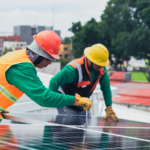
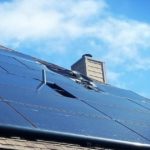

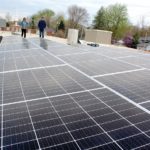
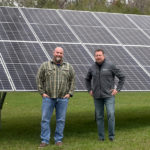
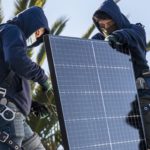
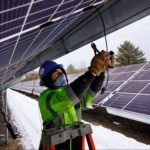
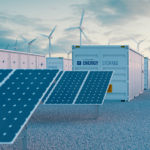
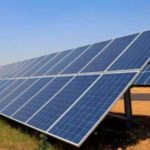


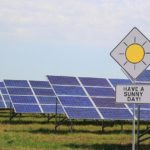
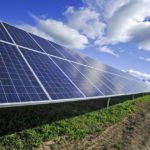

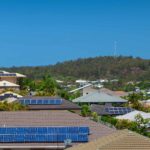
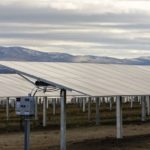




Recent Comments